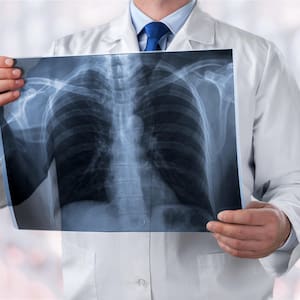
The American College of Cardiology (ACC) and the American Heart Association (AHA) today released a new clinical guideline for effectively managing individuals diagnosed with hypertrophic cardiomyopathy (HCM). The guideline reiterates the importance of collaborative decision-making with patients who have HCM and provides updated recommendations for the most effective treatment pathways for adult and pediatric patients. HCM is an inherited cardiac condition most often caused by a gene mutation that makes the heart muscle too thick (hypertrophy), which impairs its ability to adequately pump blood throughout the body.
HCM affects approximately 1 in every 500 individuals; however, a significant portion of cases remain undiagnosed because many people do not exhibit symptoms. Occasionally, the first time HCM is diagnosed is after a sudden death. People who do have symptoms may experience episodes of fainting, chest pain, shortness of breath or irregular heartbeats.

Incorporating the most recent data, this new guideline equips clinicians with the latest recommendations for the treatment of HCM. We're seeing more evidence that patients with HCM can return to their normal daily lives with proper care and management." Steve R.
Ommen, MD, FACC, medical director of the Mayo Hypertrophic Cardiomyopathy Clinic and chair of the guideline writing committee Updated recommendations in the guideline reflect recent evidence about HCM treatment and management including new forms of pharmacologic m.















